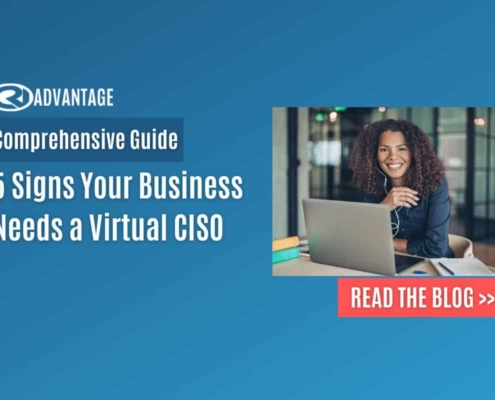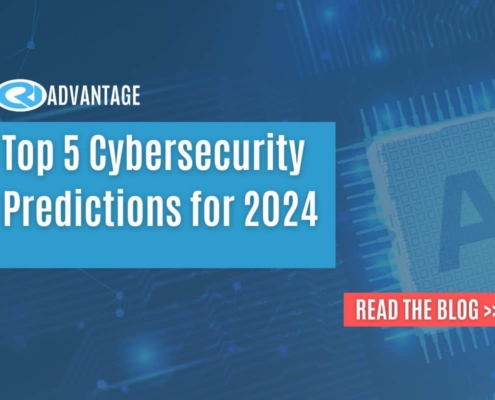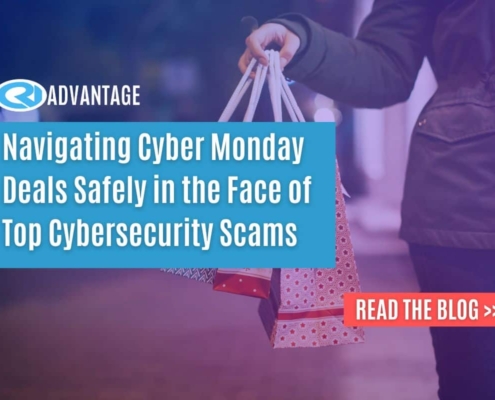 https://criadvantage.com/wp-content/uploads/2025/10/Workers-in-office-looking-at-technology.jpg
1250
2000
Abstrakt Marketing
/wp-content/uploads/2024/11/CRI-Logo-Transparent.-blue.png
Abstrakt Marketing2025-10-09 12:47:452026-02-20 08:02:43Uncovering the ServiceNow Zurich Release: What You Need to Know
https://criadvantage.com/wp-content/uploads/2025/10/Workers-in-office-looking-at-technology.jpg
1250
2000
Abstrakt Marketing
/wp-content/uploads/2024/11/CRI-Logo-Transparent.-blue.png
Abstrakt Marketing2025-10-09 12:47:452026-02-20 08:02:43Uncovering the ServiceNow Zurich Release: What You Need to KnowNational Cybersecurity Awareness Month
1) Choosing a password
When it comes to choosing a password, don’t worry about complexity. Password cracking comes down to a computer program. A computer program doesn’t care if it’s a complex password like characters, special characters, punctuation marks, etc.
It’s all about character length – check out this video for a better explanation:
2) Separate your personal passwords and business passwords
- It makes things challenging if/when an employee wants to leave a company. Handing off passwords should be an easy feat. Don’t make it more difficult for yourself or employees. What if you can’t reach out or get ahold of an employee and you need passwords far after an employee has left?
- It also makes things difficult for your company, they could lose access to critical data or important accounts. It’s a business’s responsibility to ensure that passwords are managed properly, to avoid serious loss.
- LastPass – secure password manager that stores all your usernames and passwords in one safe place called a Vault. After you save a password to your Vault, LastPass always remembers it for you.
- Bitwarden – free open-source password manager for individuals, teams, and businesses.
- 1Password – a cloud-based tool that will remember your passwords for you with a single tap.
- Dashlane – a simple tool that fills all your passwords, payments, and personal details wherever you need them, across the web, on any device.
4) Are your passwords secure?
Even if you have a great password when a website is hacked your password is no longer secure. It’s in your best interest to be aware of what websites have been hacked and if your passwords have been compromised.
A great place to start is visiting websites that can tell you if you’ve been hacked. Check out this video for more information:
If your passwords have been compromised, you’ll want to reset your passwords immediately.
Share This Post
More Like This
 https://criadvantage.com/wp-content/uploads/2025/10/Workers-in-office-looking-at-technology.jpg
1250
2000
Abstrakt Marketing
/wp-content/uploads/2024/11/CRI-Logo-Transparent.-blue.png
Abstrakt Marketing2025-10-09 12:47:452026-02-20 08:02:43Uncovering the ServiceNow Zurich Release: What You Need to Know
https://criadvantage.com/wp-content/uploads/2025/10/Workers-in-office-looking-at-technology.jpg
1250
2000
Abstrakt Marketing
/wp-content/uploads/2024/11/CRI-Logo-Transparent.-blue.png
Abstrakt Marketing2025-10-09 12:47:452026-02-20 08:02:43Uncovering the ServiceNow Zurich Release: What You Need to Know https://criadvantage.com/wp-content/uploads/2025/07/A-Beginners-Guide-to-Agentic-AI.jpg
1250
2000
Abstrakt Marketing
/wp-content/uploads/2024/11/CRI-Logo-Transparent.-blue.png
Abstrakt Marketing2025-07-08 06:41:372026-02-20 08:02:48A Beginner’s Guide to Agentic AI
https://criadvantage.com/wp-content/uploads/2025/07/A-Beginners-Guide-to-Agentic-AI.jpg
1250
2000
Abstrakt Marketing
/wp-content/uploads/2024/11/CRI-Logo-Transparent.-blue.png
Abstrakt Marketing2025-07-08 06:41:372026-02-20 08:02:48A Beginner’s Guide to Agentic AI https://criadvantage.com/wp-content/uploads/2025/04/Smiling-male-employees-discussing-cooperation-planning.jpg
1250
2000
Abstrakt Marketing
/wp-content/uploads/2024/11/CRI-Logo-Transparent.-blue.png
Abstrakt Marketing2025-04-04 09:19:322026-02-20 08:02:50How ServiceNow Supports Scalable IT Solutions for Growing Businesses
https://criadvantage.com/wp-content/uploads/2025/04/Smiling-male-employees-discussing-cooperation-planning.jpg
1250
2000
Abstrakt Marketing
/wp-content/uploads/2024/11/CRI-Logo-Transparent.-blue.png
Abstrakt Marketing2025-04-04 09:19:322026-02-20 08:02:50How ServiceNow Supports Scalable IT Solutions for Growing Businesses https://criadvantage.com/wp-content/uploads/2024/12/Blog-Format-16-1-1.jpg
800
1200
Nate Riggins
/wp-content/uploads/2024/11/CRI-Logo-Transparent.-blue.png
Nate Riggins2024-06-25 18:20:492026-02-20 08:02:575 Signs Your Business Needs a Virtual CISO
https://criadvantage.com/wp-content/uploads/2024/12/Blog-Format-16-1-1.jpg
800
1200
Nate Riggins
/wp-content/uploads/2024/11/CRI-Logo-Transparent.-blue.png
Nate Riggins2024-06-25 18:20:492026-02-20 08:02:575 Signs Your Business Needs a Virtual CISO
CRI Advantage Honored as ServiceNow’s Consulting and Implementation Partner of the Year – Premier Segment, Americas Region
CRI, Press Releases https://criadvantage.com/wp-content/uploads/2024/12/Blog-Format-16.jpg
800
1200
Nate Riggins
/wp-content/uploads/2024/11/CRI-Logo-Transparent.-blue.png
Nate Riggins2024-02-14 04:50:572026-02-20 08:02:582024 Valentine’s Day Scams
https://criadvantage.com/wp-content/uploads/2024/12/Blog-Format-16.jpg
800
1200
Nate Riggins
/wp-content/uploads/2024/11/CRI-Logo-Transparent.-blue.png
Nate Riggins2024-02-14 04:50:572026-02-20 08:02:582024 Valentine’s Day Scams https://criadvantage.com/wp-content/uploads/2024/12/Blog-Format-13-1-1.jpg
800
1200
Nate Riggins
/wp-content/uploads/2024/11/CRI-Logo-Transparent.-blue.png
Nate Riggins2023-12-01 00:30:482025-01-09 12:53:30Top 5 Cybersecurity Predictions for 2024
https://criadvantage.com/wp-content/uploads/2024/12/Blog-Format-13-1-1.jpg
800
1200
Nate Riggins
/wp-content/uploads/2024/11/CRI-Logo-Transparent.-blue.png
Nate Riggins2023-12-01 00:30:482025-01-09 12:53:30Top 5 Cybersecurity Predictions for 2024 
CRI Advantage Achieves Recertification for ISO 27001:2022, ISO 9001:2015, and ISO 20000-1:2018
CRI, Press Releases https://criadvantage.com/wp-content/uploads/2024/12/Blog-Format-12-1-1.jpg
800
1200
Nate Riggins
/wp-content/uploads/2024/11/CRI-Logo-Transparent.-blue.png
Nate Riggins2023-11-21 21:48:232026-02-20 08:02:58Navigating Cyber Monday Deals Safely in the Face of Top Cybersecurity Scams
https://criadvantage.com/wp-content/uploads/2024/12/Blog-Format-12-1-1.jpg
800
1200
Nate Riggins
/wp-content/uploads/2024/11/CRI-Logo-Transparent.-blue.png
Nate Riggins2023-11-21 21:48:232026-02-20 08:02:58Navigating Cyber Monday Deals Safely in the Face of Top Cybersecurity Scams
ServiceNow IT solutions tailored to your industry-specific needs.





